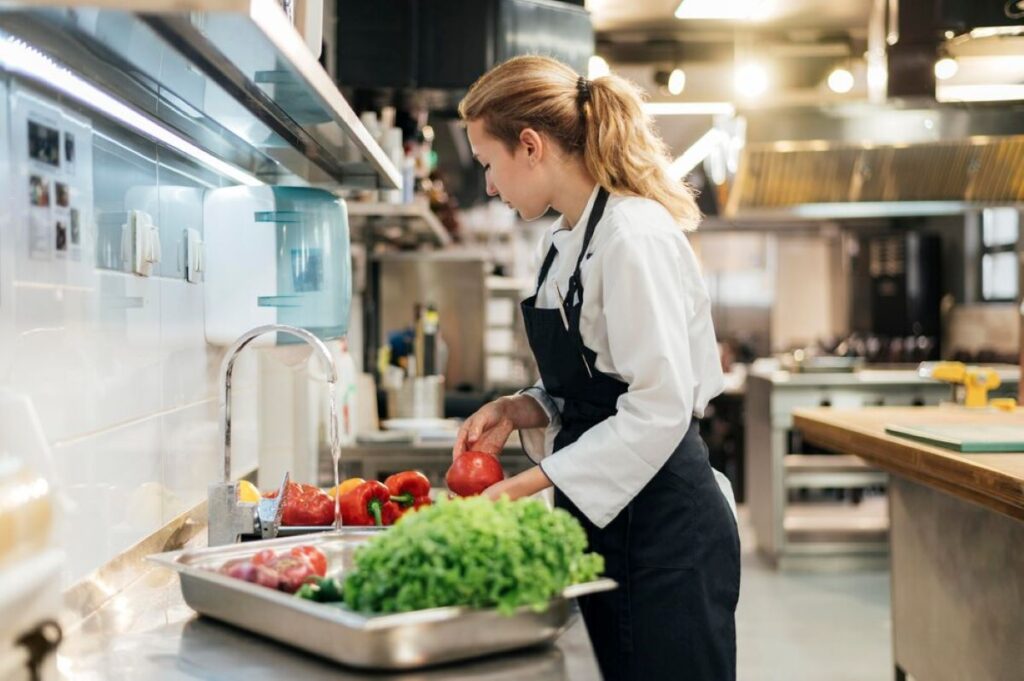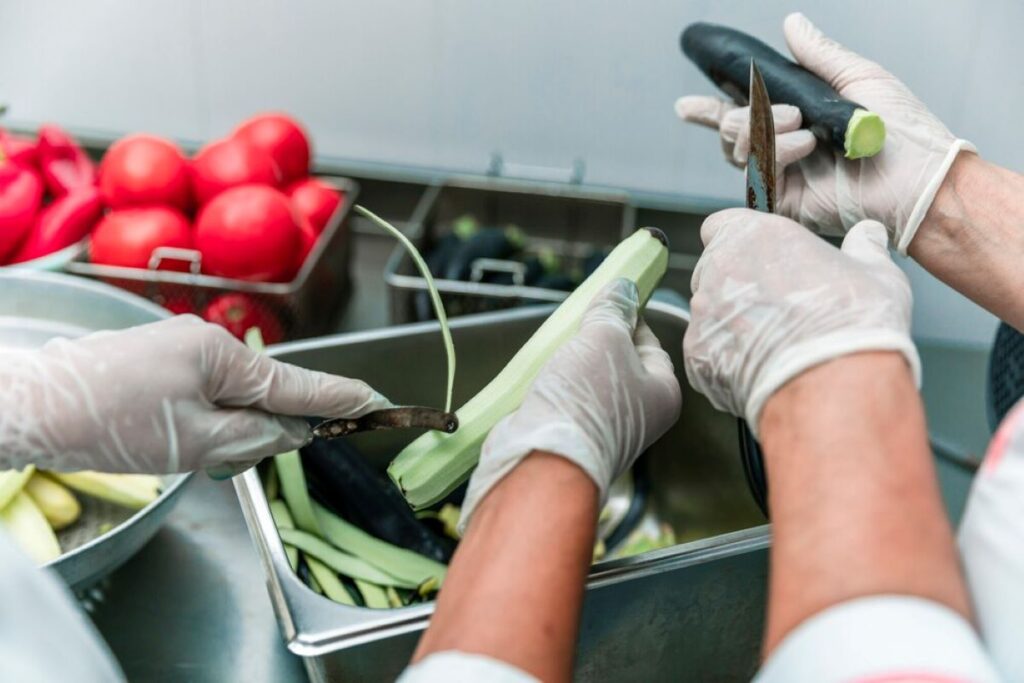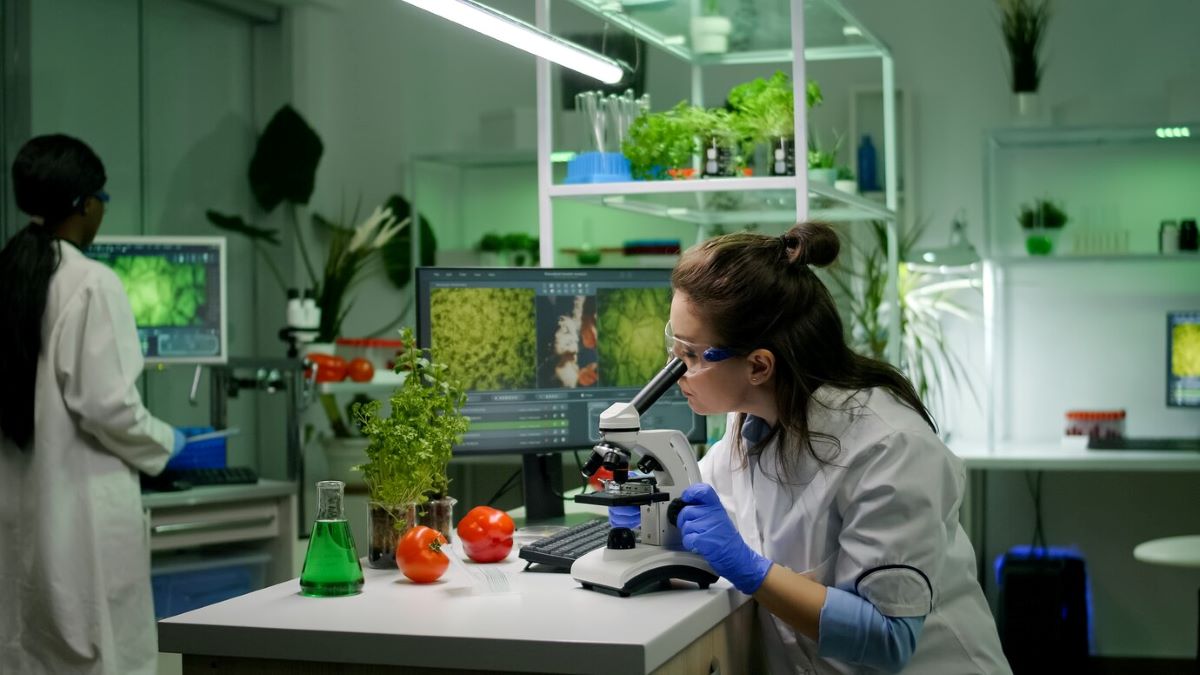In an industry where the stakes are high, ensuring food safety and maintaining quality standards is paramount for restaurants. With increasing regulations and consumer expectations, food safety and quality management software has become an indispensable tool for restaurateurs. This article explores the myriad benefits of implementing such software, the challenges it addresses, and how it can enhance overall operational efficiency.
The Importance of Food Safety in the Restaurant Industry
Food safety is not merely a regulatory requirement; it is a fundamental aspect of running a successful restaurant. A single incident of foodborne illness can tarnish a restaurant’s reputation and lead to significant financial losses. Thus, understanding the importance of food safety is crucial for any establishment.
Regulatory Compliance
Restaurants are subject to stringent health regulations that vary by region. In Australia, the Food Standards Australia New Zealand (FSANZ) sets out comprehensive guidelines that must be adhered to. Non-compliance can result in hefty fines or even closure. Food safety quality management software helps streamline compliance by providing tools for documentation, monitoring, and reporting, ensuring that all necessary records are easily accessible and up to date.
Protecting Customer Health
Maintaining high food safety standards is essential for protecting customers from foodborne illnesses. According to the World Health Organisation, millions of people fall ill each year due to contaminated food. By utilising food safety management software, restaurants can implement rigorous monitoring systems to track food temperatures, storage conditions, and ingredient sourcing, significantly reducing the risk of contamination.
Moreover, the role of staff training cannot be overstated in the realm of food safety. Employees must be well-versed in hygiene practices, proper food handling techniques, and the importance of personal cleanliness. Regular training sessions and refreshers can instil a culture of safety within the restaurant, ensuring that every team member understands their responsibilities in maintaining a safe dining environment. This proactive approach not only protects customers but also empowers staff, fostering a sense of pride in their work and the establishment.
Additionally, the implementation of a robust food safety plan can enhance a restaurant’s credibility. Customers are increasingly aware of food safety issues and often seek out establishments that demonstrate a commitment to high standards. By showcasing certifications, such as those from local health departments or food safety training programmes, restaurants can build trust with their patrons. This transparency not only attracts more customers but also encourages repeat business, as diners are more likely to return to a place where they feel safe and valued.
Enhancing Quality Control
Quality control is another critical aspect of restaurant management. Customers expect not only safe food but also high-quality meals that meet their taste and presentation standards. Food safety and quality management software can play a pivotal role in ensuring that quality is consistently maintained. With the rise of social media and online reviews, the importance of maintaining high standards has never been more pronounced. A single negative review can have a lasting impact on a restaurant’s reputation, making it imperative for establishments to invest in robust quality control measures.
Standardised Procedures
Implementing standard operating procedures (SOPs) is vital for maintaining quality across all dishes served. Food safety software allows restaurants to create and manage SOPs easily, ensuring that all staff are trained and adhere to the same standards. This consistency not only improves customer satisfaction but also enhances the overall dining experience. Moreover, SOPs can help in reducing food waste by ensuring that ingredients are used efficiently and that dishes are prepared according to established recipes. This not only contributes to cost savings but also supports sustainability efforts, which are increasingly important to today’s environmentally conscious diners.
Real-Time Monitoring and Feedback
Real-time monitoring capabilities are a significant advantage of food safety management software. By tracking various quality metrics, such as ingredient freshness and cooking times, restaurants can quickly identify and rectify issues before they escalate. Furthermore, feedback mechanisms allow for continuous improvement, enabling establishments to adapt and refine their offerings based on customer preferences and operational insights. For instance, if a particular dish receives consistent feedback regarding its seasoning, chefs can adjust the recipe promptly, ensuring that the menu remains dynamic and responsive to customer tastes. Additionally, the integration of customer feedback into quality control processes can foster a sense of community and engagement, as diners feel their opinions are valued and considered in the restaurant’s evolution.
Streamlining Operations
In the fast-paced environment of a restaurant, efficiency is key. Food safety and quality management software can help streamline operations, reducing the burden on staff and allowing them to focus on delivering exceptional service.
Automated Record Keeping
Manual record-keeping can be time-consuming and prone to errors. Food safety management software automates many of these processes, allowing staff to spend less time on paperwork and more time on the floor. Automated logs for temperature checks, cleaning schedules, and inventory management ensure that records are accurate and readily available for audits or inspections.

Inventory Management
Effective inventory management is crucial for minimising waste and ensuring that high-quality ingredients are always available. Food safety software often includes inventory tracking features that alert managers when stock levels are low or when items are nearing their expiration dates. This proactive approach not only reduces waste but also ensures that only the freshest ingredients are used in meal preparation.
Training and Staff Engagement
Staff training is a vital component of any food safety programme. Engaging employees in food safety practices fosters a culture of accountability and awareness. Food safety and quality management software can facilitate this process in several ways.
Interactive Training Modules
Many food safety management systems include interactive training modules that educate staff on food safety protocols and quality standards. These modules can be accessed at any time, allowing employees to learn at their own pace. Regular training refreshers can be scheduled to ensure that all staff remain knowledgeable and compliant with current regulations.
Performance Tracking
Tracking employee performance in relation to food safety practices can help identify areas for improvement. Software solutions often include features that monitor staff adherence to protocols, enabling managers to provide targeted coaching and support. This not only enhances individual performance but also contributes to the overall safety and quality culture within the restaurant.
Customer Trust and Brand Loyalty
In an era where consumers are increasingly concerned about food safety and quality, establishing trust is essential for building brand loyalty. Restaurants that prioritise food safety and quality management are more likely to earn the confidence of their customers.
Transparency in Operations
Many food safety management systems offer features that allow restaurants to share their safety practices and quality metrics with customers. This transparency can be a powerful marketing tool, as consumers are more likely to frequent establishments that demonstrate a commitment to safety and quality. By showcasing adherence to food safety standards, restaurants can differentiate themselves in a competitive market.
Positive Reviews and Word of Mouth
Happy customers are likely to leave positive reviews and recommend restaurants to friends and family. By ensuring high standards of food safety and quality, restaurants can foster a loyal customer base that contributes to long-term success. In contrast, negative experiences can lead to damaging reviews that can severely impact a restaurant’s reputation.
Cost-Effectiveness of Food Safety Management Software
While the initial investment in food safety and quality management software may seem daunting, the long-term benefits often outweigh the costs. Implementing such systems can lead to significant savings and improved profitability.
Reducing Food Waste
Food waste is a considerable expense for restaurants. By utilising inventory management features within food safety software, establishments can better track their stock and reduce waste caused by expired or spoiled ingredients. This not only saves money but also contributes to more sustainable practices, which are increasingly important to consumers.
Avoiding Legal Costs
Non-compliance with food safety regulations can result in costly legal battles and fines. By investing in food safety management software, restaurants can mitigate these risks by ensuring that they remain compliant with all relevant regulations. The cost of software is often far less than the potential financial repercussions of a food safety incident.

Conclusion
In summary, food safety and quality management software is essential for restaurants aiming to thrive in a competitive landscape. By enhancing food safety, improving quality control, streamlining operations, and fostering customer trust, such software provides a comprehensive solution to many of the challenges faced by restaurateurs. As the industry continues to evolve, embracing technology that prioritises food safety and quality will not only safeguard customers but also contribute to the long-term success of the establishment.
Investing in food safety and quality management software is not just a smart business decision; it is a commitment to excellence that can set a restaurant apart from the competition. In an age where consumers are increasingly discerning, ensuring the highest standards of food safety and quality is not merely an option—it is a necessity.
Related : How Food Safety Audit Software Helps You Stay Prepared for Inspections



